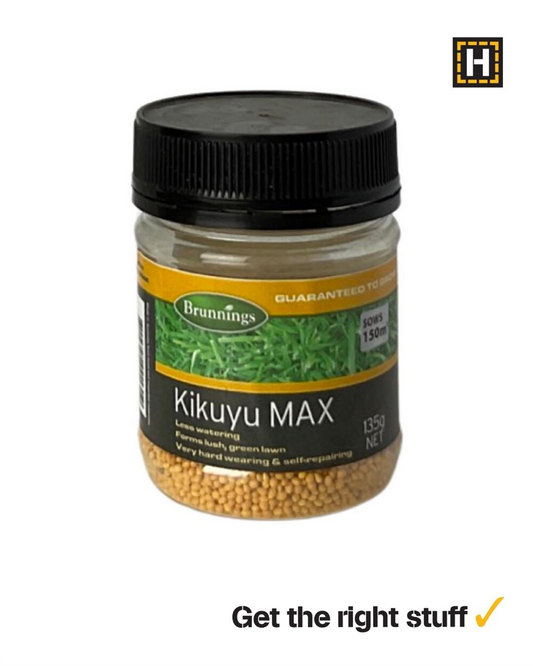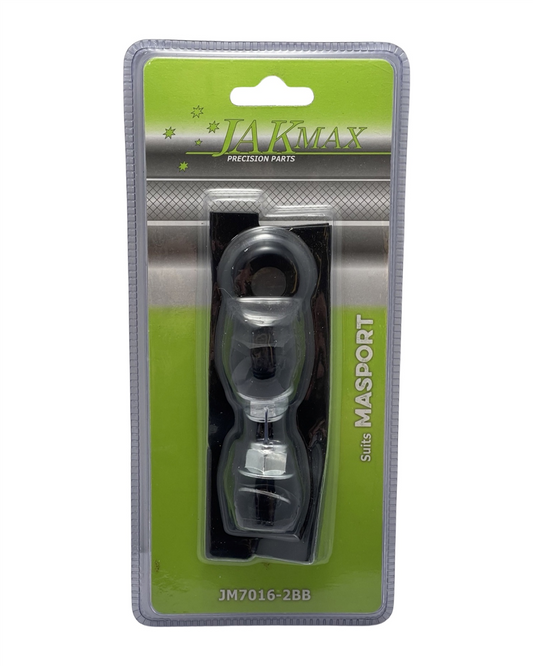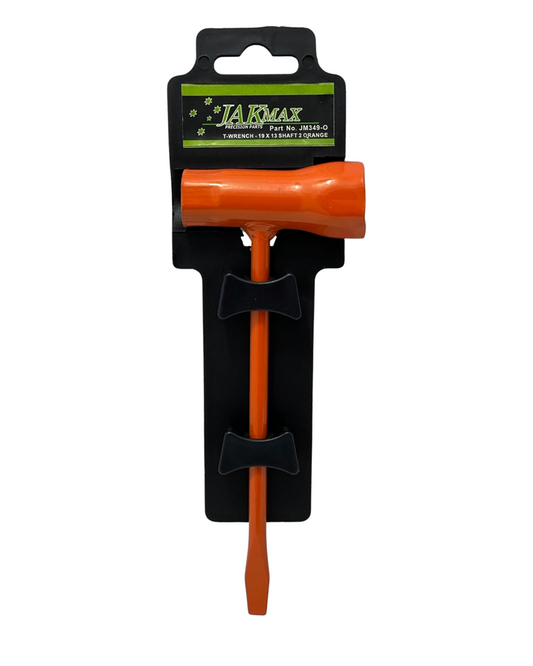Preparing Your Garden Soil for a Winter Vegetable Garden
Share
As the winter approaches, our gardens still have the potential to produce a vibrant array of vegetables. I have found one of the key to success lies in preparing your soil well. By creating a rich, nurturing environment for winter crops, I can grow all year round, instead of just growing in the spring and summer growing season.
Here's what I've learnt to get my garden ready for a bountiful winter harvest.
The Importance of Soil Preparation
It's common knowledge that soil is the foundation of a healthy garden. But it is often a neglected fact that even in our mild winter climate, the weather can challenge your soil’s structure and nutrient availability.
By preparing your soil properly, you can ensure your winter vegetables have the best possible start. This preparation helps maintain soil health, improves drainage, and provides essential nutrients to your crops.
Steps to Prepare Your Soil
-
Clear the Area At the end of each growing season, remove any dead plants and weeds your garden beds. This step is crucial to prevent pests and diseases from overwintering and to give your new plants a clean slate.
-
Test Your Soil Testing your soil’s pH and nutrient levels can guide you in making necessary adjustments. Most winter vegetables prefer a slightly acidic to neutral pH (6.0-7.0). Amend your soil accordingly with lime or sulfur to adjust the pH.
-
Add Organic Matter Incorporating organic matter like compost or well-rotted manure enriches the soil with nutrients and improves its structure. Spread a 2-3 inch layer over the soil and work it in well. I used both GoGo Juice and Popul8 by Neutrog to help the microorganisms in my garden. With regular application I have found these have greatly improved my productivity from when I started in my raised garden beds 8 years ago.
-
Mulch Generously Mulching helps insulate the soil, retaining warmth and moisture. I use straw, Lucerne hay, leaves from my fruit trees, and grass clippings to cover my garden beds. This layer also prevents soil erosion and suppresses weeds. I'm always delighted to see how many worms now call my garden home.
- Consider Green Manure Crops Planting green manure crops like clover or rye can enhance soil fertility and structure. These crops add organic matter, prevent erosion, and improve soil aeration. They can be turned into the soil before planting your winter vegetables.
- Ensure Proper Drainage Winter rains can lead to waterlogged soil, which is detrimental to your crops. With my raised garden beds, I don't have this issue, but this was a common problem for me when I first started because of the clay soil I started with.
Choosing Winter Vegetables
I've had 8 years of continuous experimentation with what works best for my garden and choosing the right vegetables over winter has been key to having a success winter growing season.
My go to winter vegetables and herbs are spinach, coriander, peas, broad beans, garlic, rocket, cos and frilly lettuce, broccoli and cabbage. I grow potatoes all year round. Don't ask me how but they are very happy in my raised garden beds and flourish with the crop covers.
I have successfully grown cauliflower but I prefer to grow continual cropping vegetables or rapid growth. With exception of Cabbage and Garlic this is one of my main goals when I pick what I'm going to grow.
The Final Touch
After preparing your soil and planting your crops, consider using row covers to protect young plants from extreme cold and pests. I started using clear reinforced tarpaulins over my raised bed last year after learning about it from one of our gas customers who lives in the hills, and this changed my winter garden harvest drastically. Aside from some token bean, peas and spinach, I usually abandoned my garden until winter, but with creating a warm environment, not only have I extended my growing season for my summer crops. I now grow all year round meaning I now by very few vegetables from the supermarket now.
So as the winter chill sets in, don't let your garden hibernate. By preparing your soil with care and choosing the right crops, you can enjoy fresh, homegrown vegetables throughout the colder months.
Happy gardening, and here's to a bountiful winter harvest!









